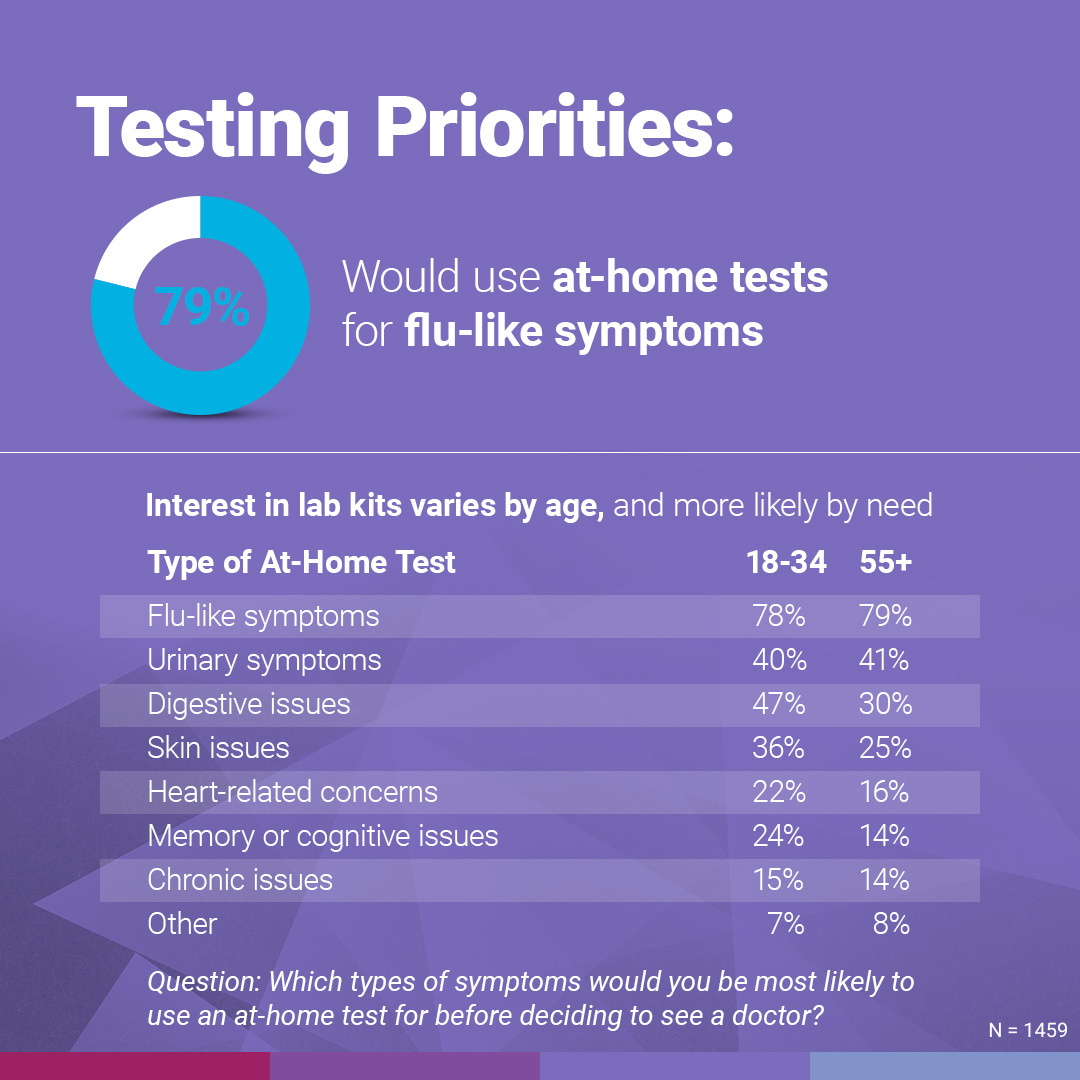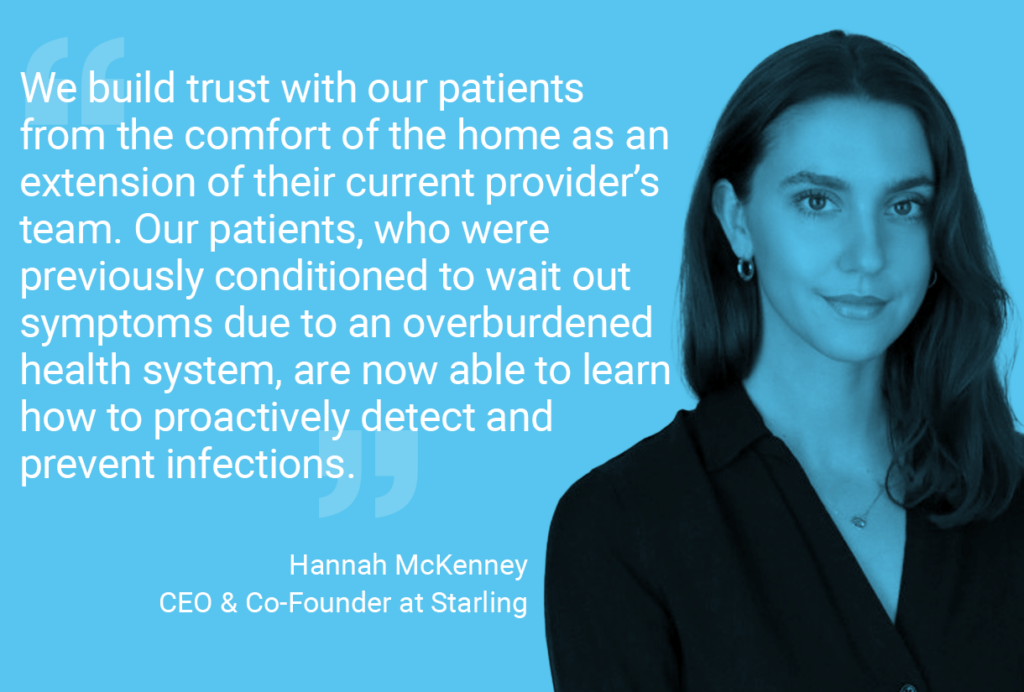
Let’s be honest—we all procrastinate. Whether it’s cleaning out the fridge or responding to an email, it happens. But when we put off going to the doctor? That’s a different story. Because it can come with serious consequences.
At Catalyst by Wellstar, we wanted to dig into why people delay medical care. Is money an issue? Is it time? Or is it something deeper?
So we went straight to the source—our patients. Between January 31 and February 13, 2025, we surveyed over 1,300 members of our Wellstar patient panel—mostly folks aged 55 and older—and asked them to tell us the truth about their habits, hesitations, and health decisions.
Fran Linnane, our research strategist at Catalyst, led the charge.
“We know people delay care, but the why is so much more layered than we thought,” Fran says. “This wasn’t just about time or money—it was about hope, fear, frustration, and a shifting sense of control. Look, I know we all procrastinate. It’s common. We’re busy,” says Fran, “but when we talked to our patients, we discovered that in many cases, it came down to just hope.”
Turns out, one of the most common reasons people delay care is relatable: they hope they’ll get better on their own.

The numbers speak for themselves:
– 35% said, “I don’t need to go to the doctor today because I’ll get better tomorrow.”
– 27% only went once their condition actually got worse.
– 19% had a longer recovery because they waited.
“Hope is awesome, right? We all want to get better,” Fran added. “But that’s not always the case. In fact, most people who waited suffered more—physically, mentally, or both.”
People aren’t skipping doctor visits because they don’t care. In most cases, they really do want to go—they just feel like the system is stacked against them. Many feel like life gets in the way sometimes. Women with kids reported that it’s too hard to juggle work, family, and healthcare. Full-time workers blamed tight schedules. Older adults said they can’t get appointments fast enough. Even people who go to the doctor often reported delaying care—simply because the system felt frustrating and inefficient.
Beyond time and logistics, there’s another layer: emotions like fear and anxiety.
Many people told us they were scared of what they might hear at the doctor and some said they preferred to google symptoms or use home remedies instead. Add in past negative experiences and confusing insurance policies, and you’ve got a perfect storm for avoidance.
“You can’t ignore that emotional layer,” Fran says. “It’s huge—and if you want to design better solutions, you have to take it seriously.”
The study found that 67% said they’d use home testing kits and adults aged 18–34 were twice as likely to be interested. Still, older adults were on board too—especially when it came to tests for things like cancer, cholesterol, and blood pressure.
This presents a huge opportunity to improve healthcare. It’s low-cost, it’s convenient, and moms and others juggling packed calendars, it removes the hardest part—getting to the appointment.
While at-home kits aren’t a magic bullet, they are a first step. Additionally, we need to make sure people understand the limitations and follow up when necessary.
Whether it’s hope, time, cost, or fear, the reasons we delay care are real. But, delay doesn’t have to be inevitable.
“You can’t rely on hope to get better,” Fran says. “With today’s technology—home testing, telehealth, digital diagnostics—we can give people real tools to take action early. That’s a game-changer.”

At Catalyst by Wellstar, we’re building that future—which is why we are investing in technologies like Starling Medical’s remote monitoring technology. This cutting-edge startup is transforming healthcare through continuous urine monitoring technology. Starling’s innovative device marks a breakthrough in remote diagnostics and care management, enabling real-time monitoring of components in urine aiming to manage and prevent diseases like urinary tract infections (UTIs).
“We build trust with our patients from the comfort of the home as an extension of their current provider’s team,” said Hannah McKeeney, CEO and Founder at Starling. “Our patients, who were previously conditioned to wait out symptoms due to an overburdened health system, are now able to learn how to proactively detect and prevent infections. For some, this is as simple as maintaining hydration levels and proper voiding schedules. “

With technologies like this, we are working to make healthcare feel more human, more convenient, and more in tune with modern life. From smarter policies, to on-demand tools, we’re helping people take control of their health without feeling overwhelmed.
